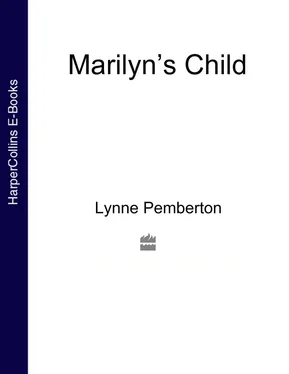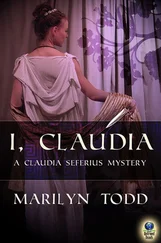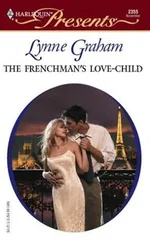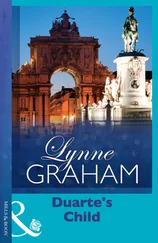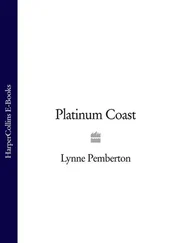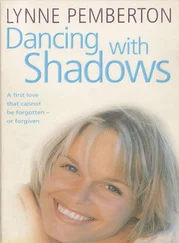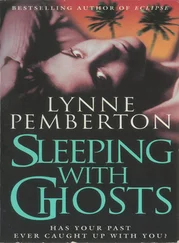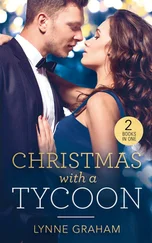I know he’s beginning to thaw, to feel sorry for me, I can see it in his eyes. I have this effect on men, so Bridget is always telling me. But until now I’d never thought much about it, never cared about manipulating the opposite sex. From the age of ten Bridget had taught me how to flutter my eyelashes, to lower my head and peep sideways from under half-closed lids. She said all the film stars did it and they got the men they wanted. One night, when I was about eleven, encouraged by Bridget, I’d dressed up. We’d waited until lights out and all the girls were asleep. We had to be very quiet so as not to wake the nuns or Elizabeth Rourke, an older girl, the dormitory enforcer, who would go running to Mother Thomas to report us. With socks stuffed down my nightdress and my mouth pouting, I’d walked on tip-toe, wiggling my hips. Bridget had shown me how to throw my shoulders forward and jiggle my breasts, copying the showgirls she’d once seen at a travelling fair. A year later I ceased to need socks; my tiny plum-plums, as Bridget called my breasts, grew into melons.
It happened very quickly, creating so much attention that I set about denying their existence. The rest of my body was reed-thin, which made my breasts look even bigger. At bath-time Mother Thomas could not look at my body. She’d spin me around so my back faced her and scrub so hard that my skin smarted. The day before my thirteenth birthday she’d found lice in my head. Gleefully she’d shouted, ‘Dirty head, dirty head!’ Filled with shame and self-loathing I’d sobbed as she shaved and scrubbed my naked skull with a foul-smelling soap.
Afterwards I’d said to Bridget, ‘I wish I’d been born a boy, life would be so much easier. Don’t you wish you’d been born a boy?’
With a shrug she’d come back with, ‘To be sure, Kate O’Sullivan, I’ve no wish to be a boy, but I wish I’d been born with a face like yours.’
Now, looking at the new curate, all thoughts of being a boy are banished. With a suddenness that scares me, I want to be a woman. I wish with all my heart I was wearing anything but the shabby pinafore and white blouse of the orphanage. I imagine myself in a figure-hugging long black dress, cut low at the front and back, like I’d seen film stars wear in old black-and-white films. I’d never seen anyone in a dress like that here in Friday Wells; I doubt the curate has either. What would he think, how would he react if I was all togged up like a film star? Would he, I wonder, be tempted?
Temptation: the evil word careers around my head. Men of the cloth, I tell myself, are not tempted by the sins of the flesh. Priests are not normal men, who, according to Bridget, are all the same, wanting one thing: the hole between a girl’s legs.
Whenever she talks about her secret place she giggles in an odd way, as if nervous, pointing to her crotch and saying in a conspiratorial whisper, ‘But you mustn’t let them inside until you know they intend to marry you. Or, God forbid, you end up having a baby with no husband.’
I notice an edginess about the curate. He’s shuffling from one foot to another, seeming eager to get away. I don’t want him to go and search my brain for something to hold his attention. ‘Where are you from, Father?’
‘Dublin, if you mean where was I born.’
‘I’m going to Dublin, as soon as I’m sixteen, in less than three months’ time. I’ve got a scholarship to art college. I can’t wait until I can leave the orphanage, for my sins.’
He interrupts: ‘Hush, girl, don’t talk so. You’re lucky to be alive. You’ve the good sisters to thank for taking you in, looking after you, putting food in your belly. You should be thanking them and the good Lord every day of your life.’
I chew on my next words: do I swallow or spit them out? I decide to risk the priest’s wrath. There was something about the young curate that loosened my tongue – not that it needed much unravelling. And unlike Father O’Neill this man was young – I reckoned about twenty-eight or -nine – and soft-spoken, with what I called the mushy look in his eyes, a bit like Dr Conway when he’d treated me for my burst appendix. ‘Bad case of peritonitis,’ he’d said. ‘You’re lucky to be alive, Kate.’ With the same sympathetic expression as I now see in the young curate.
‘I’ll not be thanking them for much at all, Father, because I don’t feel thankful. That’s the truth. The good book tells us not to lie, or to sin. So how is it that the good sisters do both? When I’m famous, and I will be, they’ll all read about me in the newspapers. Then they’ll be sorry.’
Father Steele shakes his head. ‘Strong words for one so young.’
‘Not so young, Father, sixteen soon. Old enough to leave this Godforsaken place. When I go I’ll not be looking back.’
‘Wherever you go, child, try to go unencumbered.’ His eyes leave my face for a moment; when they return I can see they’ve changed. There’s something in them that had not been there before. I’m not sure what, but feel rather than see that he’s sad.
‘Our childhood baggage is merely pawned, to be retrieved or returned to us later in life, in one guise or another, so mark my words it will only weigh you down.’
My expression mirrors my confusion, and he seems to understand.
‘Remember, Kate, wherever you go, you’ve always got God.’ He pauses. ‘Now I must be on my way.’
The curate begins to walk down the centre aisle towards the door. I fall into step beside him, aware that he’s not pleased with this intrusion. ‘I have my doubts about God as well, Father,’ I say, walking briskly to keep up with his long strides. ‘I’ve had them for as long as I can remember. I feel like his name has been on my lips ever since I could talk. Did loving Jesus save the sweet Colleen Corrigan, as good a person who ever drew breath? Will a thousand Hail Marys stop Paul Flatley beating his long-suffering wife? Or will saying the Lord’s Prayer stop the badness spilling out of Mother Thomas’s mouth every minute of every day? If I worship God for all the days of my life, will it make any difference? Will it bring back my friend Theresa Doyle? Will it help me to –’
We are at the door when he stops walking. ‘Hush, child, stop it at once. Don’t speak so.’ Father Steele seems genuinely concerned, an angry red spot appearing on each of his cheeks. ‘Have you confessed your doubts?’
‘No, Father. I don’t think Father O’Neill will listen to me.’
The curate looks stern. ‘I’m sure he will, that’s what he’s there for.’
‘For the love of Jesus, there have been lots of times I’ve wanted to ask Father O’Neill why he, the Almighty I mean, lets terrible things happen to innocent people. You see, Father, it’s very confused I am. I don’t know what to believe any more.’
I pause for breath: a quick glance to monitor his reaction confirms that it’s all going better than I’d hoped. I’ve got his attention, the next step is to grab his interest, enough to make him think me a special case. Poor little orphan girl, mixed up, disillusioned, in need of religious direction. I’m pleased to see a look of self-righteousness come over his face. Piety I can deal with, I’ve seen it enough times on the faces of the nuns.
‘You, Kate O’Sullivan, should find plenty to be penitent about.’ When I’d first heard the word I’d asked what it meant. ‘To repent your sins,’ Mother Paul had said with the same look on her face as Father Steele is wearing now.
Throwing back my head I fix him with what I know is a probing stare. ‘So, Father, tell me: is it a sin to say what I think? Does it make me a good Catholic to be filled with guilt for doing the very things that come as naturally to me as sleeping and waking, eating and drinking? I laugh a lot, too loud for the sisters’ liking; I play practical jokes, but only to make others laugh. I’m rebellious, or so they tell me, strong-willed is another favourite term of theirs. I admit I tell lies but only sometimes, white ones usually – don’t we all? A couple of times I’ve pretended to be ill to miss Sunday Mass, but I’ve confessed. Are they such evil sins? I don’t feel bad or wicked inside. If there is a God, then surely he should be my judge?’
Читать дальше
